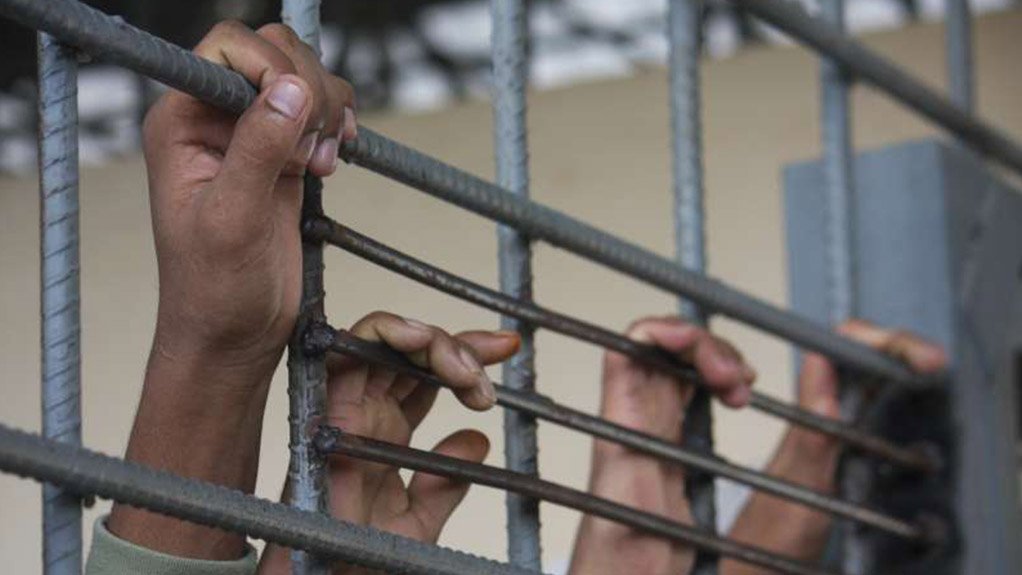/ MEDIA STATEMENT / The content on this page is not written by Polity.org.za, but is supplied by third parties. This content does not constitute news reporting by Polity.org.za.
One-hundred and twenty-nine (129) offenders are earnestly sitting for their 2016 matriculation examinations today, 26 October, in 11 centres across the country.
National Commissioner Zach Modise said everything has been done to ensure better results for the class of 2016. He confirmed that all systems are in place in eleven Correctional Services examination centres, which include, Usethubeni in KwaZulu-Natal, Baviaanspoort and Johannesburg in Gauteng, Tswelopele in Northern Cape, Barberton Youth and Barberton Maximum in Mpumalanga, Brandvlei in Western Cape, as well as St Albans, Cradock and Sada in the Eastern Cape.
Mr Modise said, the Department is progressively doing all it can to execute the provisions of the Correctional Services that call for treatment, development and support programmes for sentenced offenders in order to reduce the risks of reoffending when they are released.
In his message of support for offenders writing final examinations of their Further Education and Training band, Justice and Correctional Services Minister Adv. Michael Masutha said: “it is important for offenders to remain focused amid their circumstances so that they can reach their full potential and achieve the best results possible.”
The department has strengthened education and skills development interventions since 2008, with full-time schools increase from one (1) to 15, to cater for growing numbers of young, uneducated and unskilled offenders most of whom have committed serious crimes.
The number of offenders seating for their matric examinations increase by 143% over the past four years, and the pass rate reached 73% during the 2015 academic year. Commissioner Modise said,: "we expect to continue improving both education outcomes, the reach and impact of our offender development interventions over the next few years."
Over 11 500 offenders attended educational programmes in the current academic year, the majority of whom are doing Adult Education and Training (AET), which essentially addresses illiteracy problems through taking offenders through a nine-year normal schooling programme going up to Grade 9 through AET levels 1-4 that are run over four years.
Following their pass of the basic education band, offenders are accepted into the Further Education and Training (FET) band of education, which covered grades 10 to 12 and this is done over a three year period, as do normal schools. These efforts are part of a broader strategy of the department to deal with illiterate offenders estimated at about 6000 and those without even grade nine education level that are estimated at 35 000 offenders.
Issued by Departmen of Correctional Services
EMAIL THIS ARTICLE SAVE THIS ARTICLE
To subscribe email subscriptions@creamermedia.co.za or click here
To advertise email advertising@creamermedia.co.za or click here











